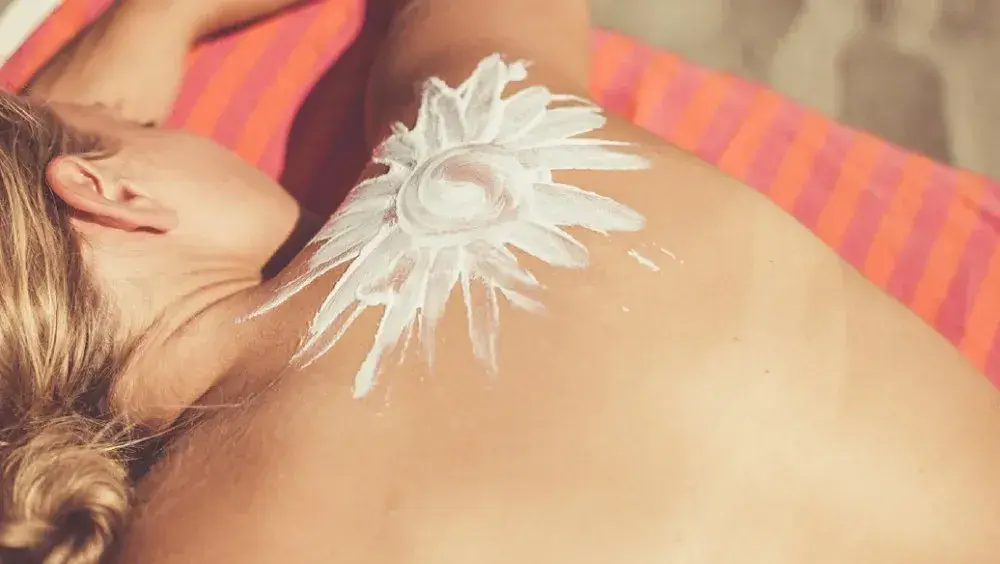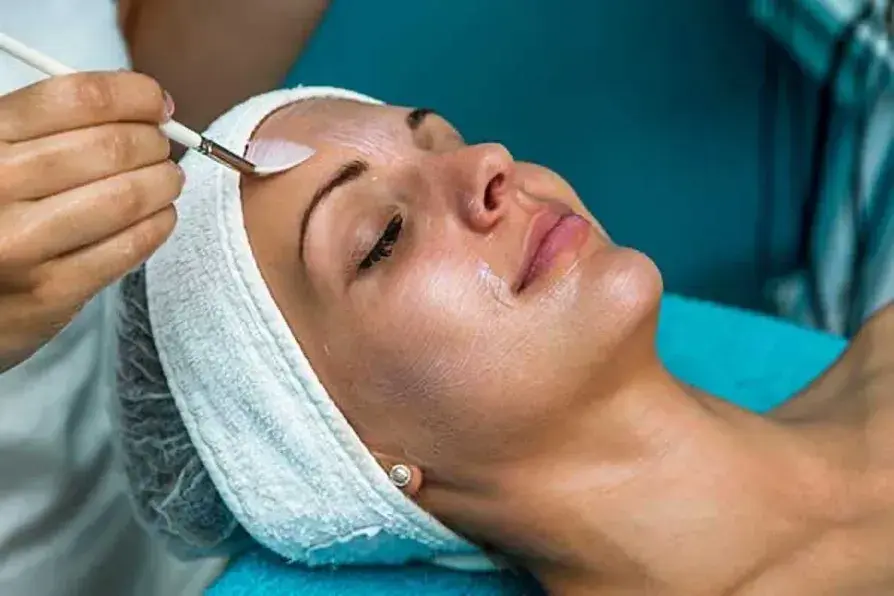
/assets/images/provider/photos/2581010.jpg)
The onset of winter reminds us of snuggling up in cozy layers, sitting by the fireplace, and sipping on delicious hot cocoa. Winter is the time for family reunions, reading our favorite books, catching up on the best movies and holiday celebrations. Winter, unfortunately, is also the time for dry, chapped, and flaky skin.
But fret not, we’ve got you covered. Here are five winter skin-prep tips that can help keep dry, itchy, and irritated skin at bay.
Symptoms of Winter Dry Skin
The signs of dry, flaky skin during the winter season are usually temporary and may vary based on your age, overall health, geographical location, or time that you spend outdoors.
The following are common symptoms of dry skin:
- Skin feels and looks rough
- Scaling, flaking, or peeling of the skin
- Skin feels tight & dry, particularly after bathing, showering, or swimming
- Cracks in the skin
- Fine lines
- Itchiness and redness
- Deep cracks and itching that may bleed
While dry skin is usually harmless, it can become very irritating. Check out these skin care tips to protect your skin from cooler weather.
1. Keep Your Skin Well-Hydrated
During winter, people feel less thirsty, and they tend to drink less water than usual. This doesn’t just impact your health, but your skin too. Additionally, the colder weather outside causes the skin to become dry, rough, and flaky. Prep your skin with adequate moisture and make it winter ready.
Ensure you drink plenty of water, at least 8-10 glasses of water every day. It will help:
- Maintain the optimum pH level of your skin
- Keep the skin hydrated and supple
- Tighten up dry and sagging skin
- Flush out harmful toxins from the body, which may help reduce skin problems such as acne
2. Refrain from the Pleasure of Indulging in Long Showers
When it’s chilly outside, the temptation of taking a long and hot shower seems irresistible, but you might want to think twice before doing so. Hot showers can disrupt the skin’s natural balance of moisture by stripping you of the natural oils, fats, and proteins that keep skin healthy.
Experts suggest you should not shower for more than 5-10 minutes. Moreover, you should always shower in lukewarm water and not hot water.
3. Moisturize Your Skin Right After Taking a Shower
Every time you take a shower, cleanse your face, or wash your hands, the skin tends to lose its moisture and natural oils. This results in dry skin. To avoid this, you should apply a moisturizer immediately after bathing or washing your skin, especially in the winter.
According to experts, it is ideal to apply the moisturizer on damp skin right when you are in the bathroom after a shower. This allows the skin to absorb the moisturizer better than when it is dry.
4. Exfoliate Your Skin
Come summer or winter, exfoliation is essential for cell renewal which helps prevent dry & flaky skin. Exfoliating is great when done in moderation, but you want to make sure you don’t over exfoliate, leading to even dryer skin. You can use a gentle scrub having glycolic or lactic acid for light exfoliation. Additionally, serums and moisturizers work best on exfoliated skin, helping penetrate the skin layers much more easily.
5. Include Occlusives in Your Skin Care Routine
When the weather gets cooler, humectants and emollients alone may not provide an effective skin barrier. Try using skin care products that contain occlusive ingredients. This helps lock moisture into the skin and heal dry and flaky skin. Some popularly used occlusives are petroleum jelly, cocoa butter, shea butter and jojoba oil.
6. Use a Humidifier
One of the primary reasons for dry skin in winter is the lack of moisture in the air. This can be addressed by using a humidifier in your room that acts as a natural moisturizing agent – helping relieve and prevent dryness of the skin.
The Final Words
Dry skin during the winter doesn’t just feel uncomfortable but is also looks unpleasant. In certain cases, it can aggravate previous skin conditions and even cause new ones. Adopt the above tips in your daily winter skincare routine and bid adieu to dry, flaky, and chapped skin.


